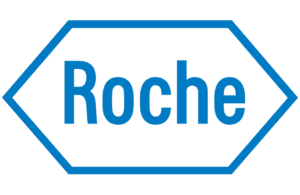 Roche (SIX:RO, ROG; OTCQX:RHHBY) has announced new positive two-year data from its TENAYA and LUCERNE studies of Vabysmo (faricimab) in neovascular or “wet” age-related macular degeneration (nAMD).
Roche (SIX:RO, ROG; OTCQX:RHHBY) has announced new positive two-year data from its TENAYA and LUCERNE studies of Vabysmo (faricimab) in neovascular or “wet” age-related macular degeneration (nAMD).
Based on the study results, Roche estimates that more than 60% of people taking the drug could receive an injection of facrimab once every four months while achieving similar vision gains compared to Eylea (aflibercept) administered every two months. In addition, almost 80% of patients taking faricimab could receive an injection of it every three months or longer.
Over two years, patients receiving faricimab had an average of 10 injections compared to those taking aflibercept, who received 15 injections.
Faricimab is a bispecific antibody that inhibits both angiopoietin-2 and vascular endothelial growth factor A.
“These longer-term results reinforce confidence in Vabysmo and support its continued use in people with neovascular AMD,” said Dr. Levi Garraway, Roche’s chief medical officer and head of global product development, in a news release. “With the potential to require fewer injections over time, Vabysmo continues to represent an important step forward for people with vision-threatening retinal conditions, and these data exemplify our commitment to redefining standards of care and reducing treatment burden.”
Investigators in the studies identified no new safety signals.
Faricimab won FDA approval for the nAMD and diabetic macular edema in January based on one year of clinical trial data.
Almost 20 million people internationally have nAMD.